Last fall, through our attorney, BEARAT submitted two sets of freedom of information requests. The first was to Addington Highlands (AH) Council with regards to their communications with the proponents. The second was to the Province of Ontario and was also focused on their communications with the proponents.
All of the material we have received can be found here, or on the Resources page. (Please note the FoI document is a large file, it may be slower to load than usual.) There is a lot of material to go through, and we have, the following is a summary of observations we note from the communications.
COMMS BETWEEN COUNCIL AND PROPONENTS
- All comms between Council and Proponents came via the Township Clerk. There were no direct communications between individual Councillors and the Proponents.
- It is clear that the Clerk was instructed to expedite the deal with the Proponents. The comms show a clear tone of getting the deal done.
- With one exception, there is no content concerning due diligence, risks or negative impacts on Township.
- AH Township asked NextEra who they should contact regarding other area’s experience with NextEra and turbines. AH Township was referred to a NextEra-owned company.
- Council did consult with another Township on their experience with NextEra, but they did indeed contact a NextEra-owned company in Chatam Kent: not exactly an unbiased source of information.
- 2015-04 Confirmation that AH was prepared to sign off in early April (before any public consultations or due diligence). Curiously, there is no record of what communications transpired before this email.
- For both Proponents one can surmise from reviewing the Proposed Agreements that funds for AH were explicitly tied to Municipal support for the projects.
- The Municipality accepted a survey that indicated 81% of area residents and property owners were opposed to the proposed project, and prior to moving a support resolution, had agreed to a criteria to review proposals before voting on whether to support them. At the urging of Proponents, who made clear that inducements were in jeopardy if official acts by Council were not completed on their timeline, Council ultimately disregarded their own motion and acted in the best interests of the Proponents, instead of the public interest.
- Reeve Hogg has stated repeatedly his position for supporting wind turbines was directly the result of financial inducement from the proponents, as opposed to general support for the actual proposals. There is no link between Reeve Hogg’s championing of a motion of support and renewable energy. Hogg made plain he was voting in favour of having access to community vibrancy funds.
- Council was divided 3-2 on the issue. Councillor Yanch, a supporter of the municipal support motion, is in an apparent or real conflict of interest as a result of being a part owner of an aggregate business. This business could be expected to benefit directly or indirectly either by an order related to wind turbine installation or as a result of increased local demand as a result of other companies winning contracts from proponents. Yanch refused to declare a conflict. If she had, the vote would have gone 2-2 and lost on division.
- NextEra and RES Canada officials are seen repeatedly in emails to leverage the community vibrancy funds as inducements to cause municipal officials to undertake official acts with their power under the Municipal Act in exchange for those inducements.
- It is clear and reasonable from what went on in Addington Highlands that the ‘municipal support’ materials being used to justify the projects in the community are tainted and should be discredited from positively impacting the approval process of any of the projects proposed for the community.
